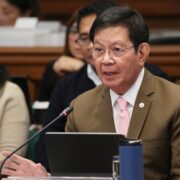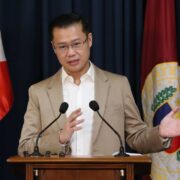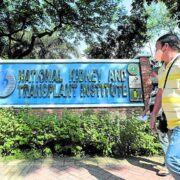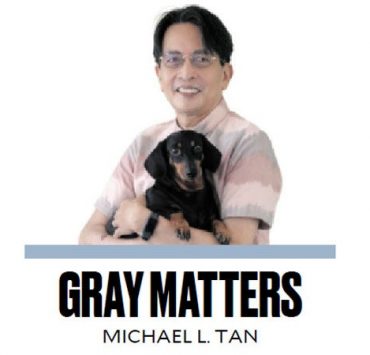Corruption as a way of life (1)

Has corruption become so embedded in Philippine political culture that it has become like hardened phlegm, difficult to extirpate from our governance system?
Some writers refer to it as a “cancer” that has eaten away much of our figurative body politic and wrought massive damage to it, leading to other governance shortcomings, the repercussions of which affect ordinary citizens like you and me.
Even a hallowed institution like the academe is no longer impervious to corrupt practices. No less than academic leaders who manage huge state universities and colleges, professors, and lecturers are some of those who have succumbed to avaricious schemes to beef up their already fat salaries. I have written about this about six years ago, where I discussed avaricious practices of both professors and university administrators alike (“Greed in the academe,” 2/11/19).
For quite some time now, renewal of driver’s licenses and car registrations still go through ”fixers” aka “assistors” in regulatory offices like the Land Transportation Office (LTO). While there are posters in regional offices of the LTO warning those who go through these assistors, the warning is not being followed, as most applicants find it hard to go through a slow pace of processing their driver’s licenses and car registration renewals.
As my motorist friend told me, “If I don’t go through my ‘suki’ fixer, I will not finish my car registration renewal in one day, which means I will not be able to do anything else but wait for my renewal papers to come out, perhaps two days later.” So, the renewal costs of less than P3,000 will balloon to P5,000 of hard-earned money. But for my friend, that is better than losing the opportunity to earn more than that for the two days he needs to wait for his papers to be released. My friend also has a motorcycle; its annual registration fee costs only less than P300, excluding the cost of the usual smoke belching and insurance fees required to renew the registration papers of his old motorbike. But he needs to cough up at least P1,850 just to secure the registration papers. What appears in his receipt is just a fraction of what he paid, only P285.
Registration of driver’s license will cost only P1,200, but if one goes to an “assistor” he needs to pay P2,000, excluding the required other fees like medical (for eye examination), around P300.
My friend tells me it is already a part of his life—giving in to the “culture” of sharing grease money with those who will facilitate the release of all the papers for his vehicles and for his driver’s license. He always says that most people accept it as part of the way things are done in government regulatory offices. The most notorious of all is the Bureau of Internal Revenue (BIR) where taxes can go down or up depending on one’s negotiations with the revenue examiner assigned to assess one’s taxes and other liabilities. I used to have a colleague who bragged about her husband’s affluence, making her enjoy unlimited trips abroad—courtesy of “negotiated” tax payments from those who eschew paying huge taxes accruing from their businesses. Thankfully, my friend’s husband has since retired. He was never called out for all those under-the-table deals he made with some rich taxpayers in our city.
There had been a few government functionaries punished for corrupt practices; but their number and what they have done is quite insignificant to the types of corruption that are done in big-time offices, like the BIR and the Department of Public Works and Highways, among others.
Corruption comes in many forms. At an individual level, it can be gaining something from the efforts of others or profiting handsomely from a transaction where one’s only “capital” is smooth-talking abilities or in altering some important entries in a legal document in exchange for a hefty sum. Among students, it could be cheating so they could pass an important examination that allows them to graduate. Or it could be ghostwriting a thesis or dissertation for government officials who do not have the time (and talent) to do it by themselves.
There is one case I know where the professor wrote a dissertation for a regional official. This professor is no longer in the academe; he has become a high-ranking regional official himself.
As a former academic, I have been approached in the past to write a master’s thesis for an aspiring head of a state university. At that time, the minimum qualification for such a position was a graduate degree. I refused the offer of a substantial amount of money, with this remark—“Sorry, Ma’am, I do not ghostwrite; I am not a ghost.” I added that I want to write my name as the author of an article or any piece I write because I want to take responsibility for what I write.
(To be concluded next week)
—————-
rcguiam@gmail.com


















